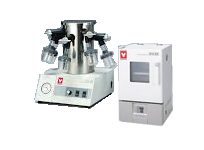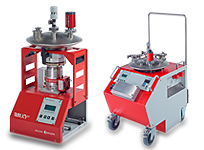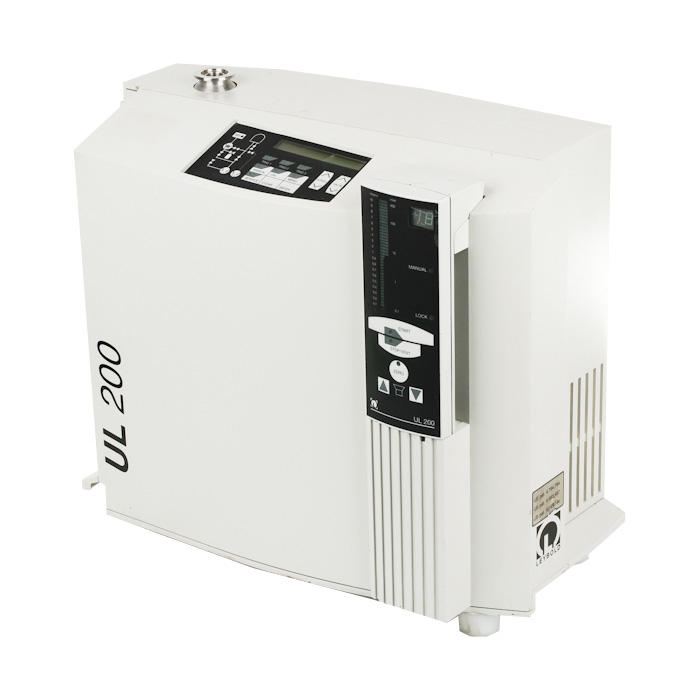Main Categories
A & J Vacuum Services: About Us
A & J Vacuum Services is your trusted worldwide leader in sales and service of High Vacuum equipment.
Deals & Promotion
Contact

A&J Vacuum Services
16 Somerset Place, Clifton, NJ 07012

Customer Service
Phone: 973-249-0854, Fax: 973-249-0855

Service Hours
8:00am to 5:00pm, Monday thru Friday EST
High Vacuum Technical Library
All trademarks, trade names or logons mentioned or used are the property of their respective owners.






















